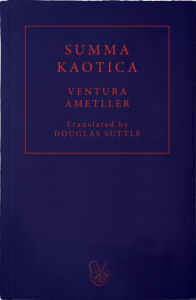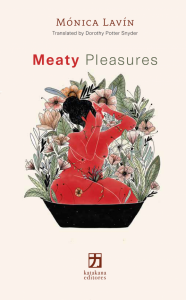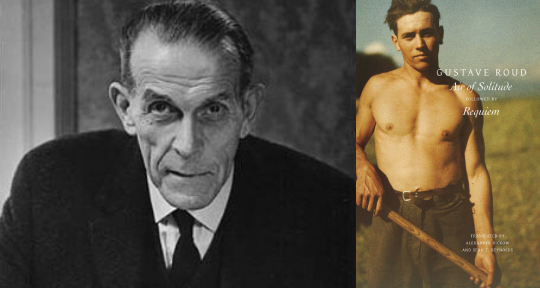When Milan Kundera’s The Unbearable Lightness of Being was published, readers lauded the Czech writer’s delicately choreographed story of individual lives pulsating through social and political forces, and soon, the book was hailed as a classic. Philip Kaufman’s adaptation, written with the acclaimed novelist and screenwriter Jean-Claude Carrière, was released four years later, in 1988—despite the director admitting that he had considered the book’s “elaborate, musical structure” to be “unfilmable.” In this edition of Asymptote at the Movies, our editors take a look at the works of Kundera and Kaufman in a discussion that ranges over domestication, kitsch, and the two artists’ respective treatments of “lightness” and “weight.”
Michelle Chan Schmidt (MCS): Let’s clear the elephant out of the room; Milan Kundera famously disowned the film adaptation of The Unbearable Lightness of Being as “[having] very little to do with the spirit either of the novel or the characters in it.” In other words, Kundera felt that his novel’s “aura,” his authorial intent, was not translated well to Philip Kaufman’s screen. Much has already been said about the differences between the two works, especially in Patrick Cattrysse’s analysis of the adaptation. For one, the film elides the novel’s heterodiegetic narrative voice, instead inserting three expository intertitles at the film’s opening. It then never uses intertitles again. As such, the film’s narrative movement takes place at a distance, never immersing itself in its characters’ interior moral or emotional discontinuities. For me, this perspective erases a significant part of what makes reading The Unbearable Lightness of Being such a scintillating pleasure. The novel reads like a mirror, a commentary on the kitsch and contradictions inherent in human nature; the film reads like, well, a screen, projecting an image of kitsch without penetrating it.
The film’s chronological order also undermines that omnipresent, digressive, ironic voice, which swerves between focalizations and temporal frames to reveal the mind behind the speaker. I visualize it as a white expanse of space in which Kundera’s narrator, leaning forward on the edge of a stool behind a control panel, holds forth on the dialectics of “einmal ist keinmal.” In my view, the film opts for what we might analogize as a domesticating approach; it mechanically “reproduces” Kundera’s Czech novel in the traditional codes and modes of a Hollywood production, complete with primarily Western European actors. Kaufman’s direction untethers his film from the burdens of voice, nonlinearity, and metaphor, resigning the narrator’s ponderings on eternal return to a few hasty lines of dialogue. What does the novel’s aura, and its reproduction in the film, mean to you both? Is the film a product of lightness or of weight?
Ian Ross Singleton (IRS): I’ll start by answering your last question; I think the film is more of a weight, while the novel’s aura is, on the other hand, one of lightness. I agree with you that we can put aside a more superficial discussion of the differences between the film and novel—a friend of mine said that no film can ever reproduce a novel well, and I have to admit that any exception I can come up with is rare. It is interesting, nonetheless, to discuss, as you do, the quality of the transmutation (in the sense of Roman Jakobson’s idea of intersemiotic translation—that of verbal signs by means of a nonverbal sign system) of the novel into film. READ MORE…











